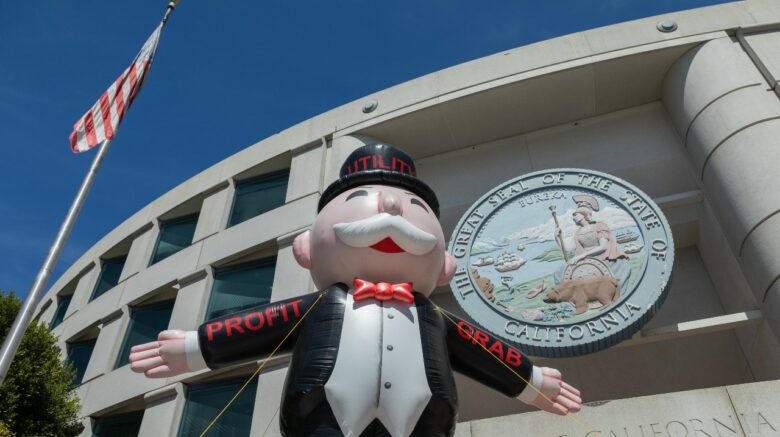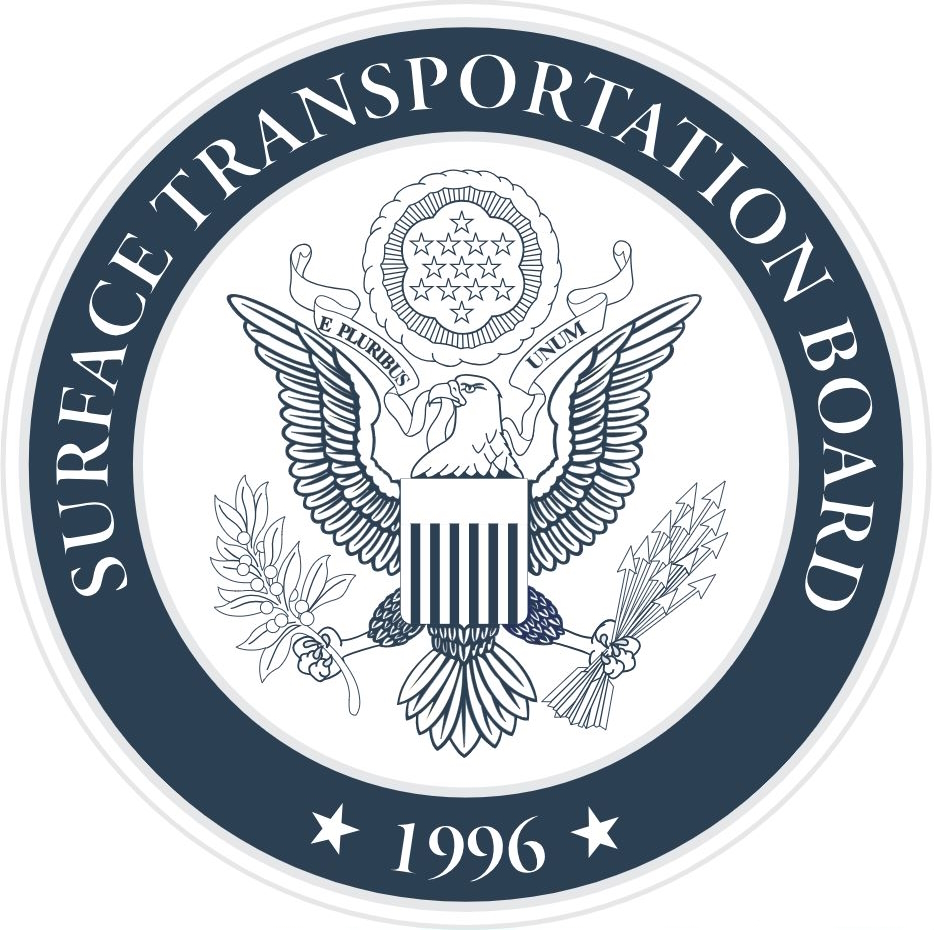This tax (see below) will affect both individuals and businesses. If you are a California railroad, RR museum or switching operator, consider: Every separate utility connection you have (meaning every protected grade crossing) will incur the “connection tax.” Tell your state legislators to fix this mess.
From the Solar Rights Alliance Newsletter — November 28, 2023
Why state lawmakers must pass a bill to repeal the Utility Tax

Recap: Proposed Utility Tax will increase bills on millions of people and undermine rooftop solar
Last year, state legislators passed a law requiring all ratepayers to pay a Utility Tax in addition to per kilowatt/hour charges. The utilities and their allies are lobbying for the highest Utility Tax in the nation—between $30 and $70 per month just for being hooked up to the utility. Even a $30 per month Utility Tax will increase bills on millions of households that do not use much electricity. This includes solar users, as well as those without solar who live in apartments, condos, and small homes. Learn more
Lawmakers are starting to speak out against the Utility Tax
In late October, 22 state legislators sent a strongly-worded letter to the CA Public Utilities Commission (CPUC) criticizing the Utility Tax. Lawmakers have also begun speaking out in other ways, like this article (The headline says it all: the Utility Tax is a “mistake that will raise your rates”).
The public does not want a Utility Tax
These actions came on the heels of months of pressure from constituents. That includes scores of people showing up in person to legislators’ town hall meetings to press them on repealing the Utility Tax.
In addition, some lawmakers were moved by evidence showing that even a $30/month Utility Tax would increase electricity bills on millions of households that don’t use a lot of energy—this includes solar users and those who simply live in apartments, condos, and small homes.
The CPUC cannot be trusted with the Utility Tax
It is good that some legislators are publicly speaking out against the Utility Tax. The lawmakers who signed the letter deserve credit. However, the letter addresses the California Public Utilities Commission. And the CPUC will not solve this problem—their actions clearly show that they almost always side with the utilities.
The Utility Tax is the Legislature’s problem to fix—through legislation
The Legislature created the Utility Tax. It is their responsibility to fix it. That means repealing or amending the Utility Tax provision of AB 205 (Section 10) by June 2024. The CPUC is scheduled to approve the Utility Tax in July. That means the legislature must repeal the Utility Tax before then to avert this disaster.
The first step to repeal the Utility Tax is for a legislator to introduce a bill when they get back together in January. To our knowledge, legislators have not yet introduced a bill. Nor has a legislator announced an intention to introduce a bill. So legislators have some work to do.
There is no excuse for inaction
We suspect some state legislators will say that a bill to repeal the Utility Tax may not get enough votes to pass. Or that it is more “realistic” to “work something out” with the CPUC.
Our view: The CPUC’s track record makes it clear that things won’t end well in their hands. Legislators have only two choices. They can pull out all the stops to pass a bill that repeals the Utility Tax they created. Or they can do nothing and face the blame when the the Utility Tax raises electricity bills on millions of their constituents.

